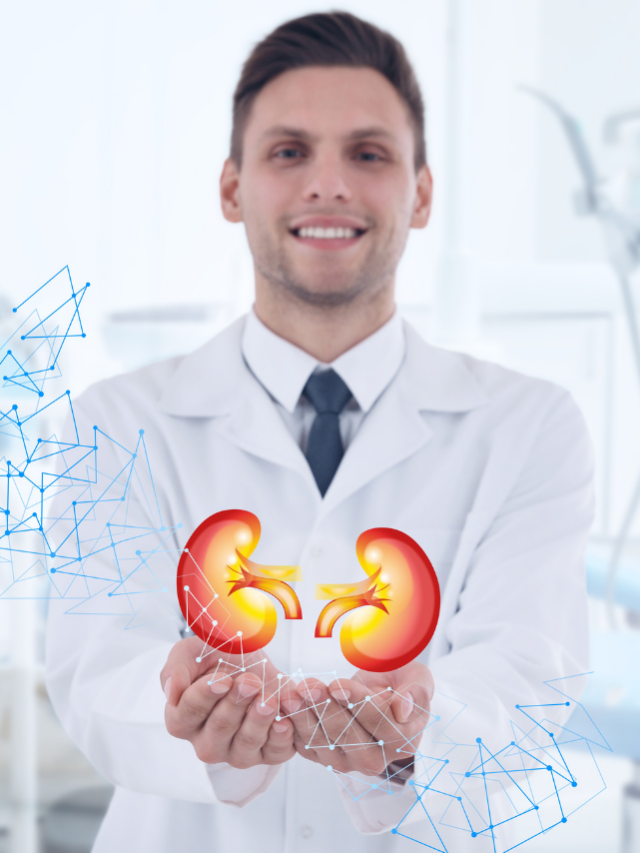Transform Your Life with Our Exceptional Care
Experience unmatched kidney transplant care with our expertise, advanced technology, and compassionate support.
Start Your Kidney Transplant Journey
Discover expert kidney transplant specialists near you for personalized, top-quality care and treatment.
Choose the best Transplant Center for expert care, advanced technology, and personalized liver transplant solutions.
A thorough assessment of your liver health to ensure the most accurate diagnosis and personalized care.







For Independent seniors, we make living easy.
Easily schedule your consultation with our kidney transplant experts. Book an appointment today for personalized care and guidance.
I am so grateful for the personal care my grandmother received at Carenia. The team did their best to create a comfortable and safe environment for him.

New York
I am so grateful for the personal care my grandmother received at Carenia. The team did their best to create a comfortable and safe environment for him.

New York
I am so grateful for the personal care my grandmother received at Carenia. The team did their best to create a comfortable and safe environment for him.

New York
I am so grateful for the personal care my grandmother received at Carenia. The team did their best to create a comfortable and safe environment for him.

New York